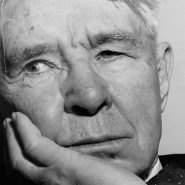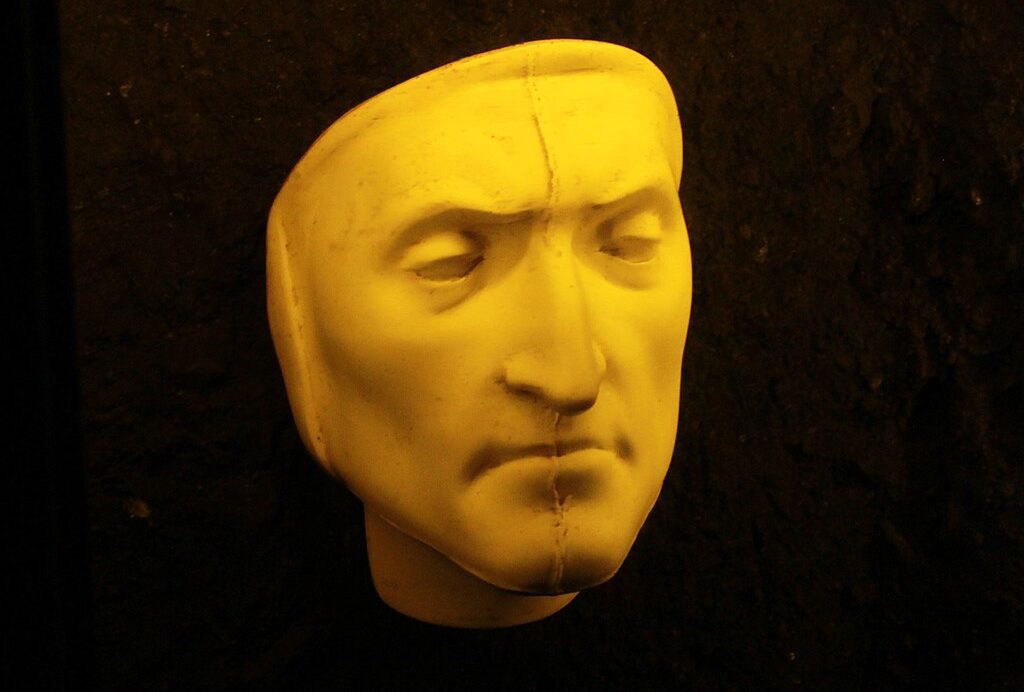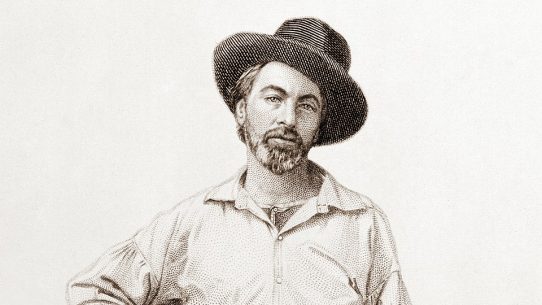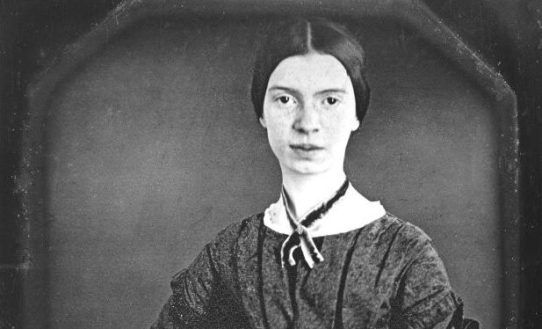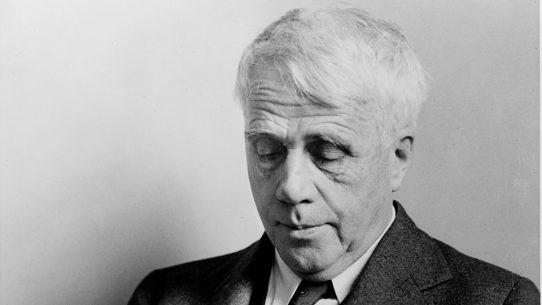Dante Alighieri (1265–1321) was an Italian poet, philosopher, and political thinker whose masterwork, The Divine Comedy, stands as one of the greatest achievements in world literature.
Often called the Father of the Italian language, Dante elevated the Tuscan dialect to a literary standard, giving voice to the spiritual and moral struggles of humanity. His poetry blends theology, philosophy, and personal experience into a vast vision of the soul’s journey toward redemption.
Early Life and Education
Dante was born in Florence in 1265 to a minor noble family of moderate means. His mother died when he was a child, and his father’s political affiliations tied the family to Florence’s turbulent civic life. Educated in the trivium — grammar, rhetoric, and logic — Dante studied classical authors like Virgil and Cicero, as well as theologians such as Augustine and Thomas Aquinas. His intellectual curiosity spanned both scholastic learning and the new humanism that would soon define the Renaissance.
A formative influence in Dante’s youth was Beatrice Portinari, a Florentine woman he idealized from afar. Though their contact was brief, Beatrice became his lifelong symbol of divine love and inspiration. After her death in 1290, Dante began writing poems that celebrated her spiritual beauty, culminating in La Vita Nuova (The New Life), an early blend of lyric poetry and prose reflection that charts his emotional and religious awakening.
Literary Career and Major Works
Dante’s literary career unfolded amid Florence’s political chaos. As a member of the White Guelph faction, he served briefly in government before being exiled in 1302 when his party lost power. Forced to wander Italy for the rest of his life, Dante turned his exile into spiritual purpose, composing the epic that would define his legacy.
The Divine Comedy — written between 1308 and 1321 — is a three-part allegory of the soul’s ascent from sin to salvation: Inferno, Purgatorio, and Paradiso. Guided first by the Roman poet Virgil and then by Beatrice, Dante journeys through Hell, Purgatory, and Heaven, encountering sinners, saints, and philosophers along the way. The poem’s intricate moral architecture reflects a synthesis of medieval theology and classical wisdom, uniting faith and reason in a vision of cosmic justice.
Beyond the Comedy, Dante wrote important philosophical and political treatises, including Convivio (The Banquet), De Monarchia, and De Vulgari Eloquentia, all of which reveal his ambition to unite language, learning, and civic virtue.
Style, Themes, and Influence
Dante’s style combines vivid realism with moral allegory. He wrote the Comedy in terza rima — an interlocking rhyme scheme (ABA BCB CDC…) that gives the verse musical fluidity and structural harmony. His language blends scholarly Latin precision with the rhythm and clarity of the vernacular, making profound ideas accessible to a broad audience.
Central themes in Dante’s work include divine justice, human free will, sin, redemption, and the transformative power of love. His vision encompasses not only the afterlife but the full range of earthly experience — from political corruption to personal grace.
Dante’s influence is immeasurable. He shaped the development of Italian as a literary language and laid the groundwork for Renaissance humanism. Later poets such as Petrarch, Milton, and T. S. Eliot drew deeply from his imagery and moral scope. His Inferno remains a cultural touchstone — a map of the moral universe that continues to speak to readers across faiths and centuries.
Later Life and Legacy
Dante spent his final years in exile, residing in Verona, Bologna, and eventually Ravenna under the patronage of the noble Polenta family. It was there that he completed Paradiso, the final canticle of The Divine Comedy, shortly before his death in 1321, likely from malaria. He was buried in Ravenna, where his tomb remains a place of pilgrimage.
Though Florence exiled him in life, the city later came to honor its greatest poet. Centuries after his death, Dante’s vision of human destiny — shaped by suffering, faith, and intellect — endures as one of the towering achievements of world civilization. His fusion of poetry, philosophy, and theology continues to define the moral imagination of the West.
Notable Works
- La Vita Nuova (The New Life) (c. 1292–1295)
- The Divine Comedy (Inferno, Purgatorio, Paradiso) (c. 1308–1321)
- Convivio (The Banquet) (c. 1304–1307)
- De Monarchia (c. 1313)
- De Vulgari Eloquentia (c. 1304–1307)
Related Poets
John Milton, Virgil, Petrarch, Giovanni Boccaccio, Geoffrey Chaucer
